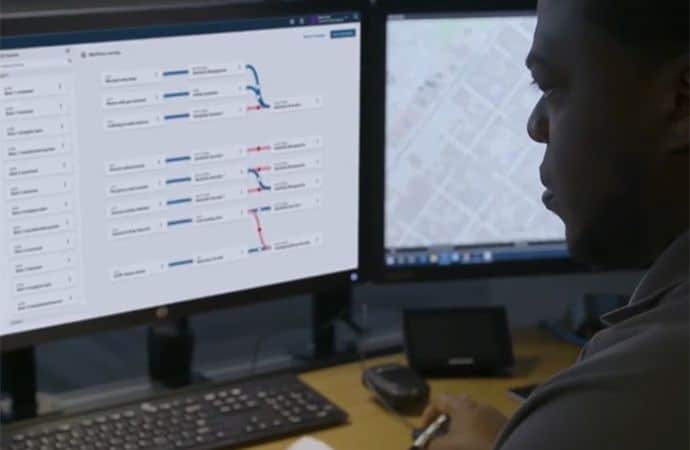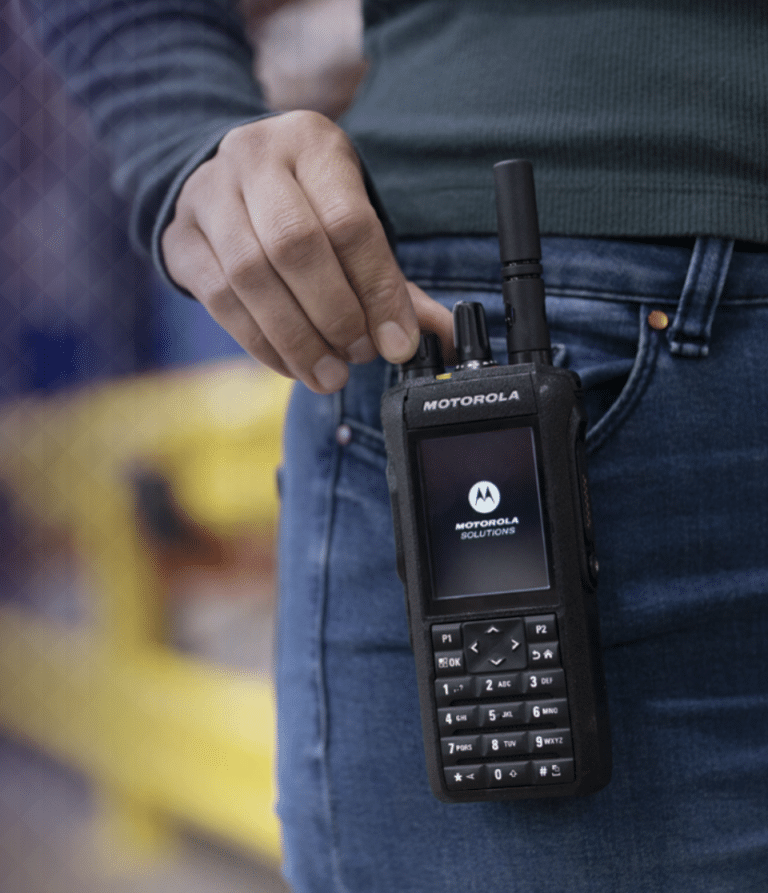Physical Security: Ensuring Comprehensive Protection for Your Business
Physical security has been a matter of prime importance for businesses for decades. Today, while businesses increasingly focus on cybersecurity, the need for robust physical security remains paramount.
Understanding Physical Security
Physical security refers to the safeguarding of personnel, property, and assets against potential threats. These threats can range from unauthorized access, theft, to vandalism. Unlike cybersecurity which focuses on digital assets, physical security is about protecting tangible assets – be it your office space, equipment, or your employees.
Though some might oversimplify it as “guards and gates,” modern physical security incorporates:
– Site Layout: Identifying weak spots and critical areas.
– Access Control: Ranging from locks to biometric systems.
– Visibility: Using lighting, video cameras for surveillance.
– Intrusion Detection: Involving motion sensors and tripwire alarms.
– Infrastructure Protection: Safeguarding utilities like power and water.
– Staff Training: Equipping your staff with the know-how to respond to security breaches.
Challenges in Physical Security
Businesses today face myriad challenges in physical security:
1. Unauthorized Entry: This could involve individuals tailgating, using stolen passes, or employing social engineering tactics.
2. Theft and Burglary: Businesses, whether they’re high-tech firms or jewelry stores, have assets that can be attractive to thieves.
3. Vandalism: This can be due to a business’s location or motivated by ideological reasons.
Steps to Enhance Physical Security
To address these challenges, businesses must adopt a multi-layered approach to physical security:
1. Deter: Use visible deterrents like fences, cameras, and signage to discourage unauthorized access.
2. Detect: Employ surveillance tools like CCTV cameras, motion sensors, and intrusion alarms to detect any unauthorized presence swiftly.
3. Delay: Use access control mechanisms like biometric systems or keycards to slow down intruders.
4. Respond: Establish protocols and communication systems to alert authorities and contain threats promptly.
Moreover, the evolution of technology has enabled companies to integrate artificial intelligence and cloud technology into their physical security strategies. This allows businesses to gain real-time insights, enabling faster decision-making and proactive security measures.
How Commenco Can Help
While businesses recognize the importance of physical security, implementing a comprehensive security plan can be both time-consuming and budget-intensive.
This is where Commenco steps in.
1. Cost-Effective Solutions: Commenco understands that each business is unique and offers tailored solutions. Whether you are a small startup needing basic security or a large enterprise with more complex needs, Commenco has the tools and expertise to cater to your requirements without stretching your budget.
2. Expertise: With years of experience in the industry, Commenco’s team can identify potential vulnerabilities in your current security infrastructure and recommend solutions.
3. Cutting-Edge Technology: Commenco stays updated with the latest in physical security tech, ensuring clients benefit from the best the industry has to offer.
4. Comprehensive Support: From initial risk assessment to final implementation and regular maintenance checks, Commenco is there every step of the way.
5. Time-Saving: With Commenco’s expertise, businesses can have a physical security system up and running in no time, ensuring minimal disruption to daily operations.
In conclusion, while cybersecurity continues to be a focal point for modern businesses, physical security should never take a backseat. By recognizing potential threats, implementing a robust security plan, and partnering with experts like Commenco, businesses can ensure comprehensive protection for their assets and personnel.






